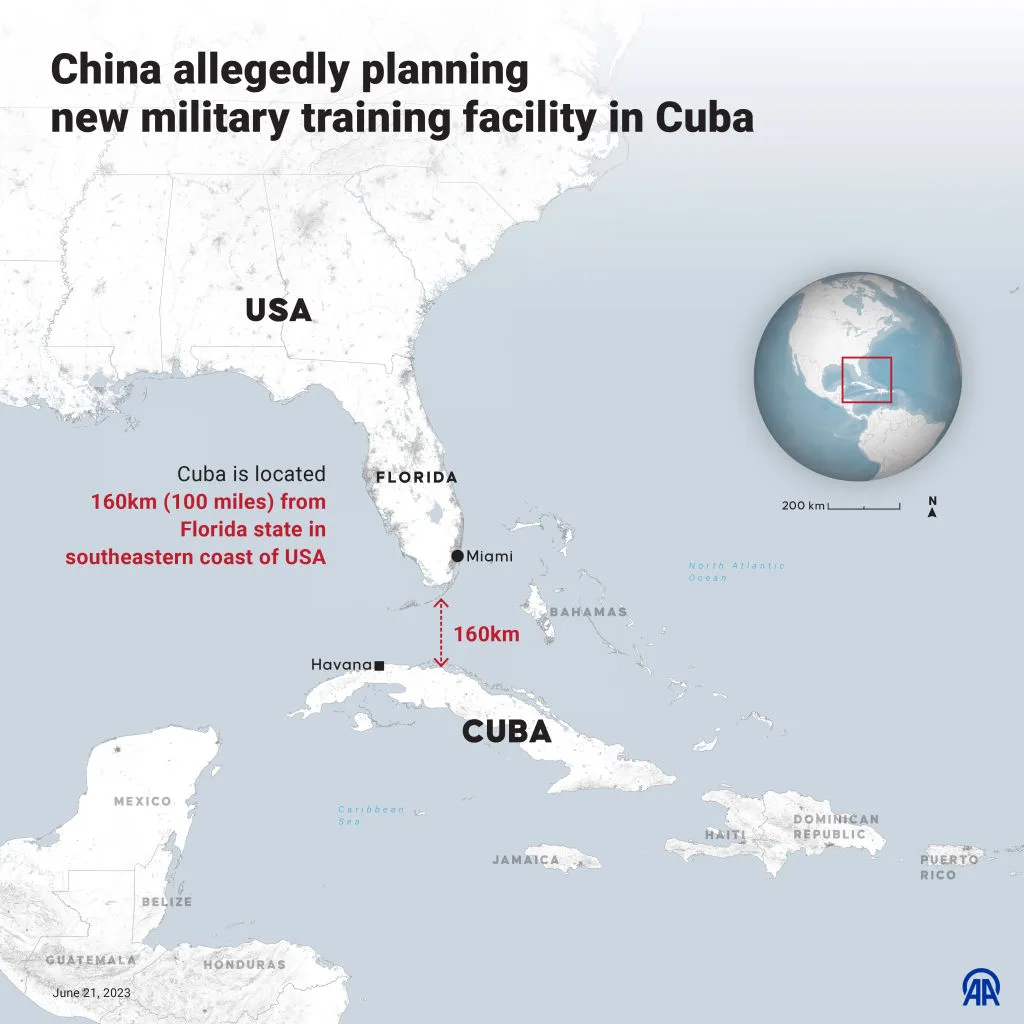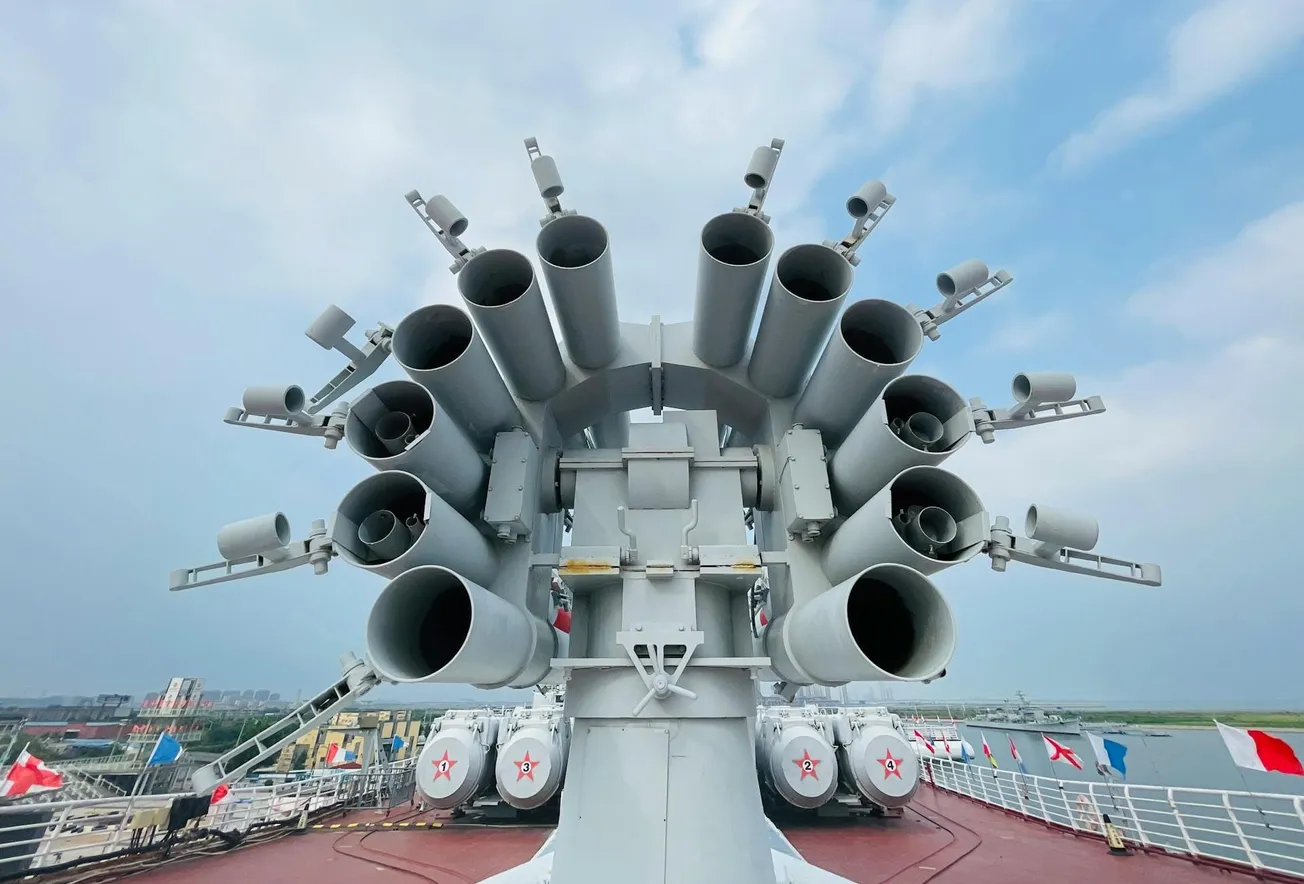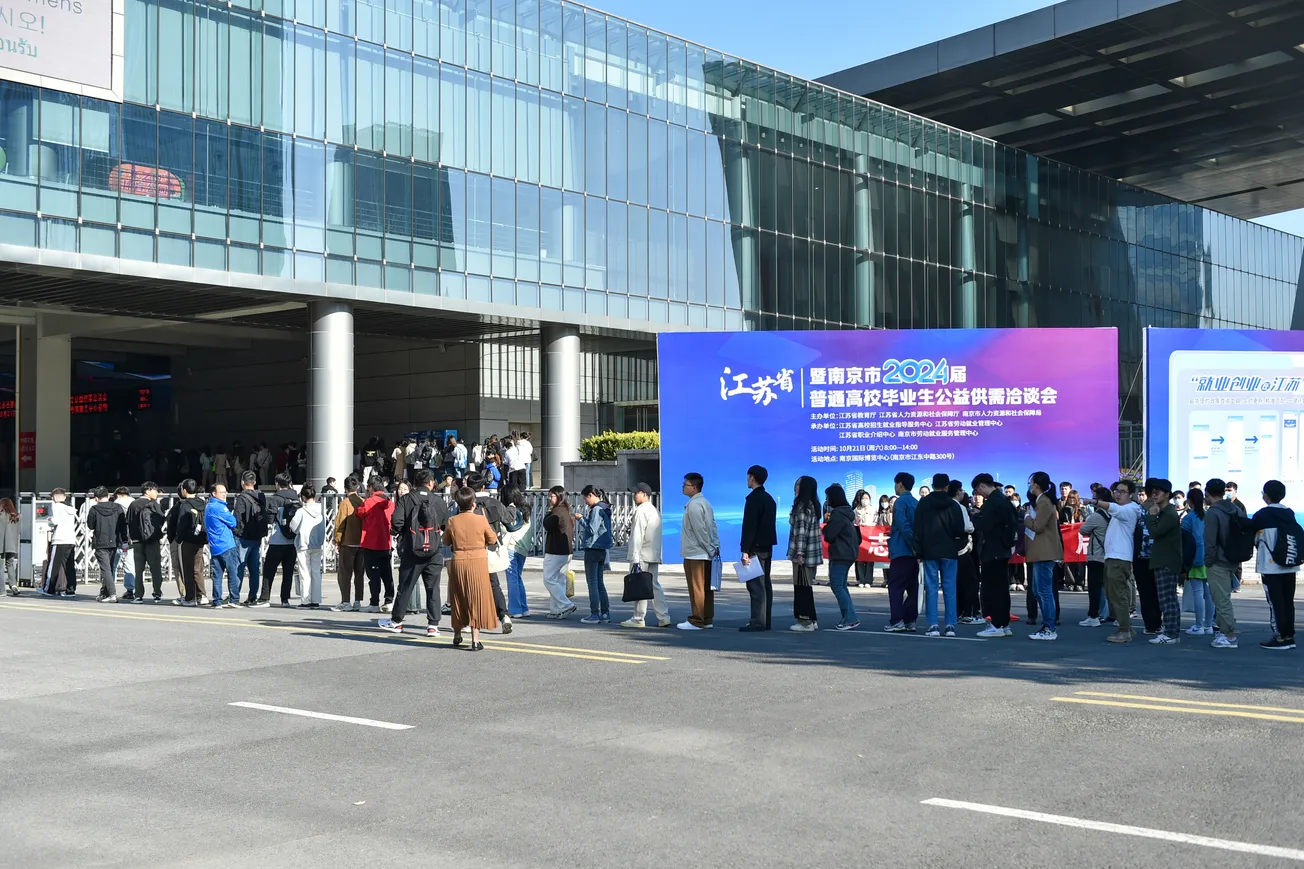Reports that China is in talks with Cuba to set up a new joint military training facility on the island have justifiably heightened alertness across the military and political brass in the United States. Chinese troops or military hardware within less than a hundred miles off the Florida coast is a cause for concern.
Though few details are available and few clarifications will be forthcoming, there is much speculation about what the facility could be used for. It is widely believed that the Chinese have been eavesdropping on American communications from the base in Lourdes near Havana and three other Cuban locations since 2019.
According to the Wall Street Journal, Chinese telecommunications hardware makers Huawei Technologies and ZTE workers were seen at these facilities raising suspicion that the tech giants could have helped to upgrade the intelligence gathering stations. Communications and electronic emissions from southern and eastern U.S. military bases may be monitored and used to gather intel. As usual, China has vehemently denied the existence of such facilities and stated that it is not spying on America.
Security Implications For The U.S.
The latest proposed facility in Cuba could be used to house and deploy anti-ship cruise missiles, which could affect the movement of American naval vessels. The location of the upcoming port also puts U.S. naval bases in Florida within striking range.
Seen in conjunction with Beijing’s nuclear arsenal expansion and aggressive stance on multiple issues, the recent development does raise eyebrows. According to the Pentagon, China is expected to quadruple its warheads by 2035. The current guesstimate is that the country has close to 400 warheads. The apparent shift in Beijing’s thinking from nuclear weapons as a defense mechanism to deter attacks to upping their offensive strike capabilities bodes ill for world peace.
This is not Beijing’s first foray into the western hemisphere either. Reports have emerged that an agreement has been reached with a Chinese company to build a multipurpose port in the most populated city of Tierra del Fuego, Rio Grande, in Argentina. Already, China operates an “alleged satellite tracking station in Neuquen province, with the Chinese military and civilian personnel and to which Argentines are rarely allowed to visit.” Once commissioned, the naval facility will bring China closer to Antarctica and allow Beijing to have more influence on the passage between the Atlantic and Pacific oceans.
Besides this, the Freeport Container Port in the Bahamas, located about 90 miles from Palm Beach, Florida, is financed by Hong Kong-based Hutchison Ports. There are fears that its fate could parallel Sri Lanka’s Hambantota port, and the strategic maritime facility could fall into Chinese hands. The deep-water Freeport could also be used by Chinese naval vessels at a future date. The Pentagon has also reported that China could have made similar overtures to other countries, including the Solomon Islands and Vanuatu.
The People’s Republic of China and the Republic of Cuba have much in common. Beyond shared ideological roots, Beijing has stepped in to fill the vacuum left by the collapse of the USSR, Cuba’s one-time main ally. Diplomatic and trade relations between the two have been steadily growing over the past six decades. In recent years, trade and commercial relations have blossomed between the island nation and the Asian giant. Today, China is Cuba’s second-largest trading partner, and cooperation extends to various sectors, including infrastructure development, telecommunications, energy, and tourism.
Geopolitical Strategies And U.S. Response
With Beijing escalating tensions with Taiwan, military and security strategy experts believe that China could gain strategic geopolitical leverage with a base in Cuba. Too close to the U.S. mainland for comfort, the Cuban facility could distract or tie up strategic military resources down south. Should President Xi use military force to “re-unite” Taiwan, a Chinese naval facility within a hundred miles of America could become a bargaining chip in the battle.
Even as the White House attempts to establish better relations and communications with its Beijing counterparts, its efforts leave much to be desired. President Biden’s gaffes, referring to the Chinese President Xi as a ‘dictator,’ only serve to muddy the murky waters.
The brazen spy balloon incident earlier in the year has made it clear that Beijing’s audacity knows no bounds. With much of Latin America leaning towards the Left and the U.S. committed to a “however long it takes” war in Ukraine, Beijing is making moves that will have long-term repercussions.
Related Data/Infographics/Video
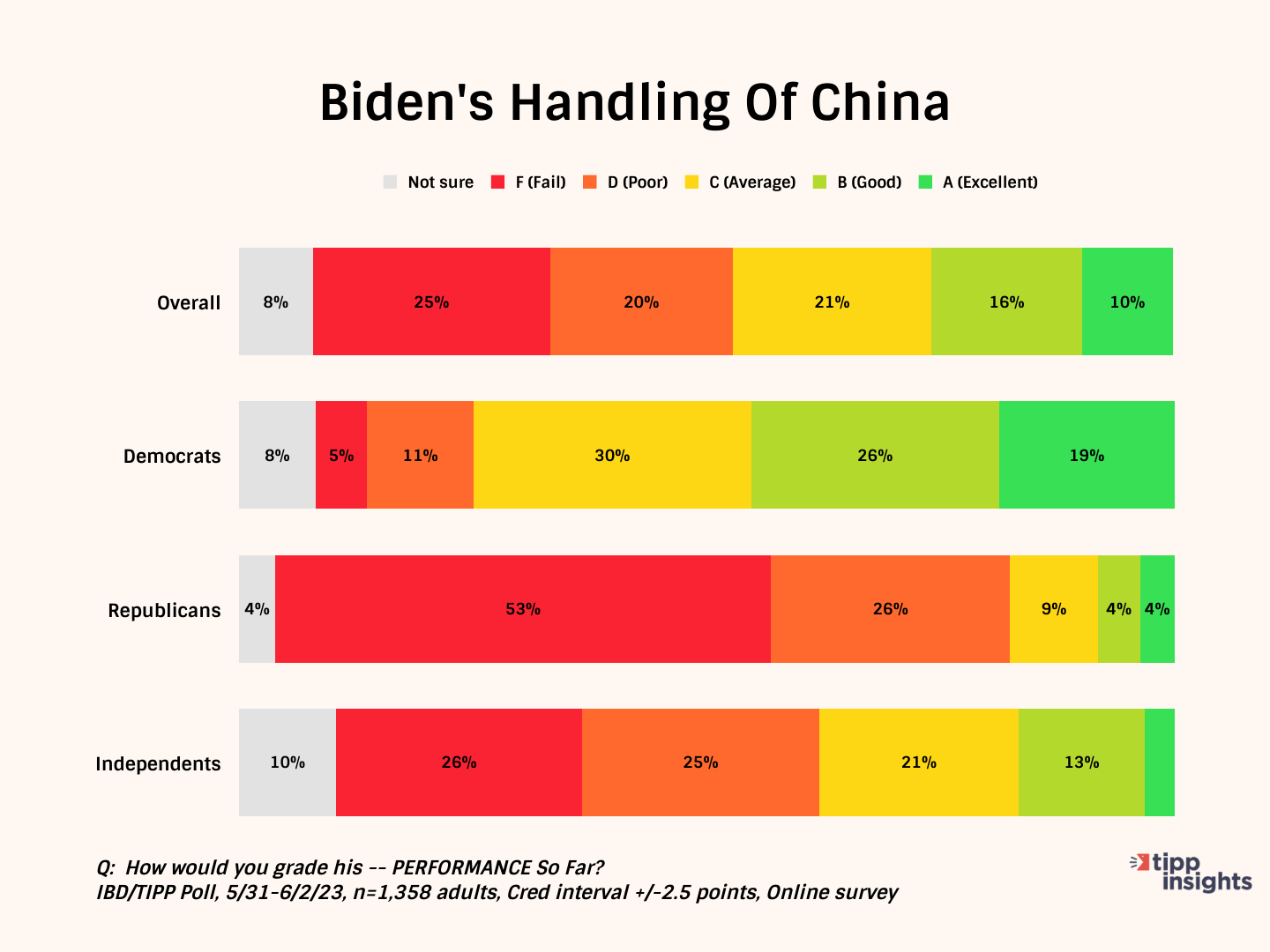
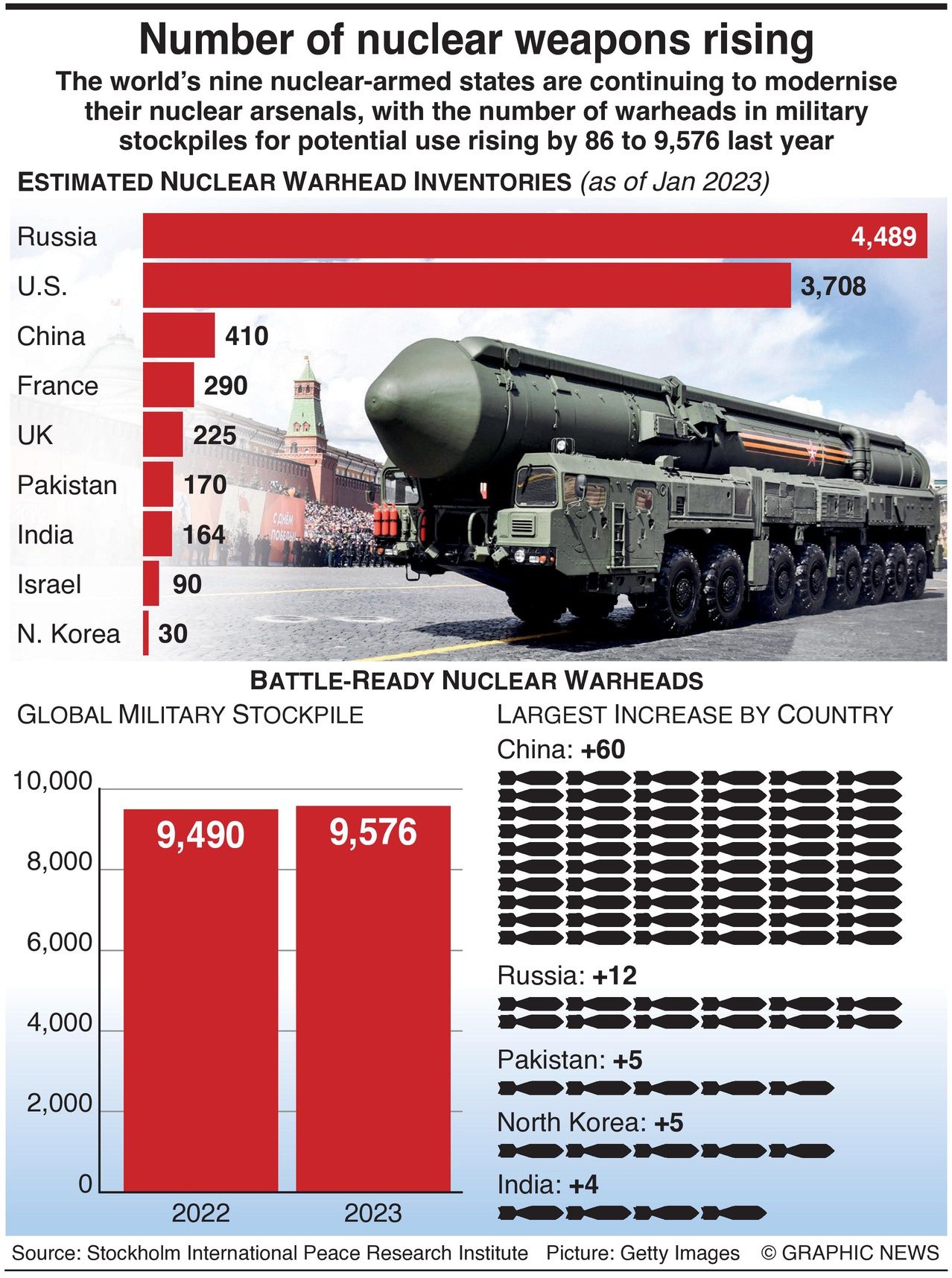
Watch: The Cuban Missile Crisis: At The Brink (PBS, 1992)
Like our insights? Show your support by becoming a paid subscriber!

